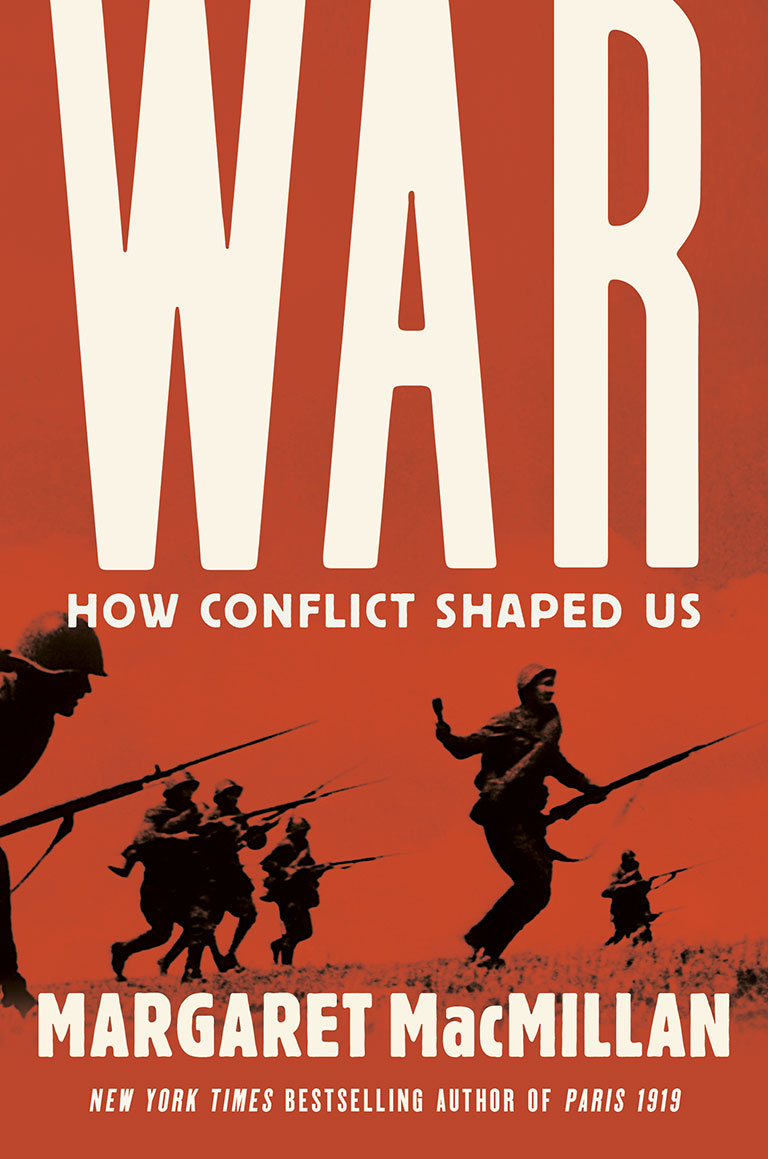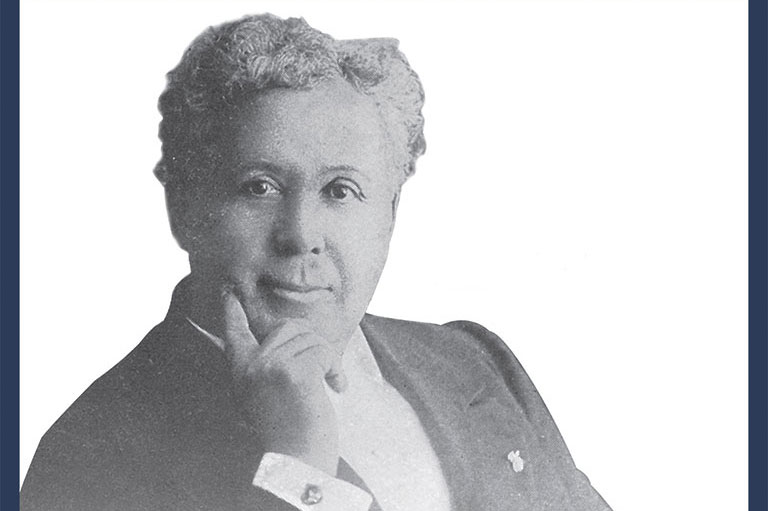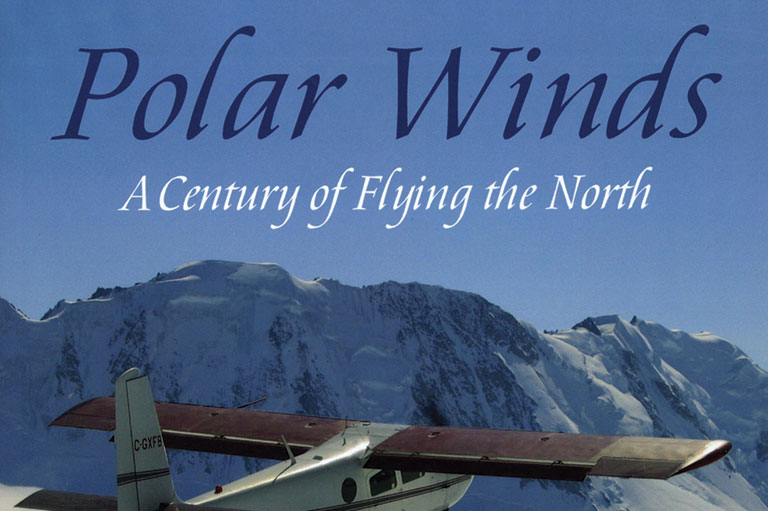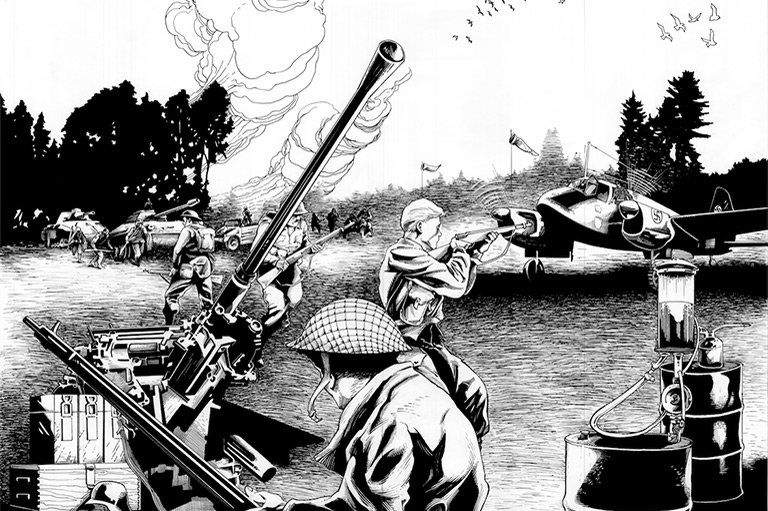War

War: How Conflict Shaped Us
by Margaret MacMillan
Allen Lane
336 pages, $35
Margaret MacMillan is one of the best-known military historians in the English-speaking world. It only makes sense that her extensive experience with writing and teaching on the subject of war would manifest itself in her latest book, War: How Conflict Shaped Us. Stemming from talks MacMillan gave for the BBC as part of its Reith Lectures series, the book is an attempt to show how war provides a window into the human condition and to demonstrate how important it is that we continue to study the subject.
In this book, MacMillan responds to a very real push-back from members of the academic community and the wider public who feel that conflict studies and military history are no longer relevant to the modern world or who believe, even more dramatically (and erroneously), that they somehow contribute to the eruption of modern-day conflicts.
The book is organized thematically and begins by looking at how war has been a force for change since the earliest human societies. Its first chapter, however, highlights the pitfalls of MacMillan’s thematic approach, as the discussion bounces chaotically between centuries and regions. For instance, in one paragraph discussing how war has impacted the raising of revenue, the author brings in brief examples from ancient Greece in the fifth century BCE, the Spanish conquests in the Americas during the sixteenth century, and the Franco-Prussian War of 1870–71.
The second chapter continues this type of presentation by looking at the various reasons for going to war, again not in a chronological manner but by cherry picking specific yet brief examples to support a wide range of discussion points. This poses problems, as context is not regularly provided for the comparisons being made between places and time periods.
By chapter three, however, the book settles into a more readable rhythm as MacMillan enters into discussions that focus on the modern industrial Western world — which she admits to be the book’s main emphasis. In this and the following chapter she looks at the changing technology of warfare and the emergence of what we now identify as modern war during the revolutionary nineteenth century.
Other themes explored in War are how soldiers are created, the changing nature of combat, and, in the book’s strongest chapter, the changing relationship between civilians and war. MacMillan analyzes the ways societies have sought to regulate war and concludes with an exploration of how nations and peoples have mourned their dead and remembered past conflicts.
It’s clear that this book is intended to be a synthesis of many other works on war and society that have been written over the past two decades. What makes War unique is that it presents this synthesis from a thematic approach, as opposed to the standard chronological approach. Most of the time this works very well, especially in the book’s later chapters; but at other times it comes across as rather disorderly, primarily in the first two chapters.
It is difficult to place this book in terms of readership. For first-time readers on the subject, the book may be challenging. It presents so many different anecdotes and pieces of evidence from different time periods, without offering any real context, that a reader might be overwhelmed. The book might be valuable for upper-level students of war and society who are seeking to engage in discussion, or for general-interest readers with solid backgrounds in the subject.
While not one of MacMillan’s best books, War is nonetheless worth reading, because its thematic framework provides a thoughtful repackaging of current discussions within the broad spectrum of approaches to the study of war and society. MacMillan ultimately makes her main point: that failing to study war limits our understanding of the development of human society and ignores potential trends for the future — and, thus, that we fail to study war at our own peril.
Themes associated with this article
Advertisement




